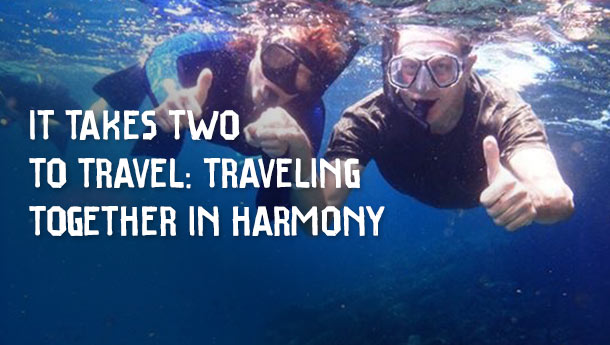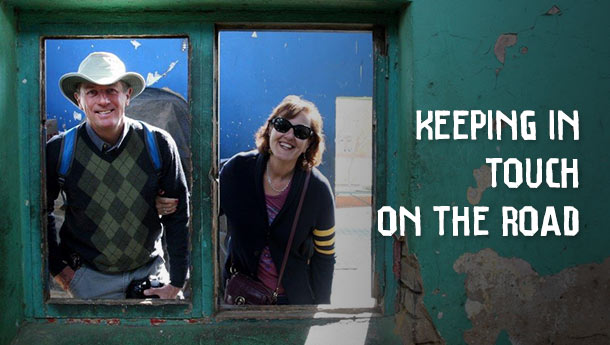Food Safety on the road
Derek Hewitt
You’ve heard the terms. Montezuma’s revenge. Gyppo tummy. Depending on the country you’re visiting, there can be significant risks of food-borne illnesses to the unwary. Better to steer a bland path when you’re not sure, than to lose a couple of days of your trip because you thought the lettuce was innocuous, or that you can’t get food poisoning from pastries (been there, done that). After all, your international travel is probably costing you around $400 a day or more all in, so it’s just not worth it to lose valuable trip time for the sake of a salad. On a recent trip to India, among a group of 22 seasoned, intelligent travelers, 12 became so ill that they a missed significant parts of the trip. Elaine and I escaped because we practiced extreme diligence. We are adventurous eaters, and love nothing more than exotic spicy foods. But we’ve learned the hard way to eat smart.
So what’s a traveler to do? Be prepared!
First, watch the water. Don’t assume that the 5 star hotel you’re staying in is exempt from the rules – it’s not. In most countries, you’ll do well to avoid drinking the tap water. Just a change of minerals, not necessarily bacteria, can upset a traveler’s tummy. Tea and coffee made with boiled water are usually okay, but think about the water you’re taking in, and you’ll reduce your risk substantially. For example, in suspect countries, such as India, never, ever let shower get into your mouth. You should of course drink plenty of bottled water – but if buy it on the street, make sure before you walk away that the seal is not broken and it hasn’t been refilled from a local tap. It’s usually better and cheaper to buy your water in a supermarket.
Second, watch the food, and only eat stuff that’s cooked or peeled when you’re in a country where’s there any doubt about how the uncooked food is cultivated. In Europe, the UK, France, Germany, Netherlands and other Northern countries, this is not usually a concern. But when you get east of Germany or south of Switzerland, practice caution (most of Italy is okay, but not all). Salads are also fine in Japan, South Africa, Australia, New Zealand and various other countries.
Avoid them just about everywhere else (and apologies in advance to any countries who feel their salads have been slighted.)
Avoiding uncooked greens will leave you short on green vegetables, especially because cooked greens are missing from many menus. What I do is bring a baggie of powdered green drink, so that I can replace the missing green vegetables in the diet with all the greens I want reconstituted with clean water. (Trader Joe’s is the drink I usually take.) Okay, it’s not fresh salad, but it fills the gap in your nutrition and makes you less eager to munch on suspect salads.
Also, be vigilant about fats: French fries or pastries cooked in old oil can do you in. If something looks or smells rancid, put it back. Meats, fish and chicken are best well cooked and eaten where you’re pretty sure they have been refrigerated beforehand. We tuck into the hottest curries, baked fish or whatever with gusto, and you shouldn’t deny yourself the ethnic fun of trying the local delicacies. Just use a different radar than you might use at home and when in doubt STOP, even if you’re offending someone’s sensibilities.
Third, watch who and what you touch. Wash your hands often, keep hand sanitizer for when you’re hanging onto a filthy strap in an ancient bus. When handed a fly-encrusted candy from a street urchin, politely say you’ll save it for later. You get the idea. For heaven’s sake, don’t bring a germophobic attitude on the road, because you’ll spoil your fun. Just take smart precautions to avoid losing a moment of your expensive trip.
For another take on this subject, read our young friends at the link below:
https://uncorneredmarket.com/ten-tips-for-staying-healthy-on-the-road/
Travel wise
Derek













